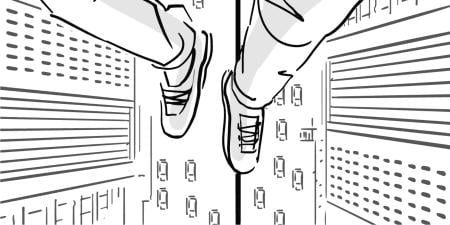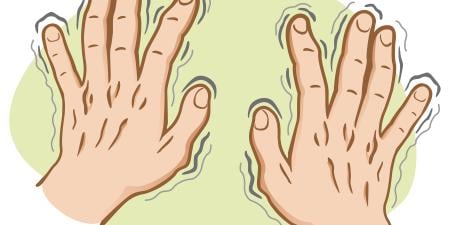As a teenager, I oftentimes escorted my mom to various meetings and events that featured non-Western health philosophies and therapeutic remedies. My father usually had no patience for this "new age" stuff. Since I was the next oldest male in the household, I ended up accompanying my mom to sessions with acupuncturists, reflexologists, herbalists, and meditation gurus. On the off chance that my mother reads this article, let's just say that I tolerated these events.
As a physician, I was not trained in non-Western traditions of health and wellness, but unlike many of my colleagues, I am not completely dismissive of their therapeutic value and benefits. My opinion derives in part from the fact that I am Chinese, and many of these centuries-tested therapies were "Made in China." It is also true that many medical treatments I prescribe for my patients are not grounded in clear and proven science. While I would never recommend non-Western treatments as main therapies for such illnesses as cancer, I have recently come to appreciate that some non-Western therapies promote wellness and reduce stress.
Six months ago, I changed from Bally to a new health club facility that opened up nearer to my home. One day I was at the gym lifting weights, when a friend prompted me to try a yoga class. To my amazement, I loved it. For some people (including my former self), yogis and men who practice yoga are thought of as hippies or members of some spiritual cult. Some also think that yoga practice simply involves sitting in room with burning incense and chanting. As one who keeps in shape through distance running and resistance training, I never thought that yoga would be a challenge, physically, mentally, or spiritually. But let me tell you, you have to be in damn good shape to get into some of these yoga poses.
More important than the physical benefits, I have found yoga to be a valuable way of dealing with stress and anxiety (and booboos) in my life. Given the many factors that have contributed to increased professional burnout in medicine, we physicians must seek ways to take good care of ourselves. Whether it is yoga, some other form of exercise or play, meditation or spiritual practice, each of us needs to find a personal means of promoting wellness and reducing stress in our lives. If we do not take care of ourselves, if we are stressed and burnt out, we cannot be expected to treat our patients with compassion and empathy.
In this issue of Virtual Mentor, we explore the important and burgeoning issue of physician wellness and burnout. The learning objectives in this issue are:
1. Understand why physician wellness is important.
2. Identify the main indications that a physician is not healthy enough to be most effective in his or her profession.
3. Identify causes and effects of burnout and what can be done to prevent and manage it.
4. Learn about resources for helping physicians maintain health and balance.
5. Learn about resources for helping physicians who are impaired or "burned out."
Namaste,
Audiey
PS
I would like to thank my yoga teacher, Josh, for his guiding hand and patient spirit.



